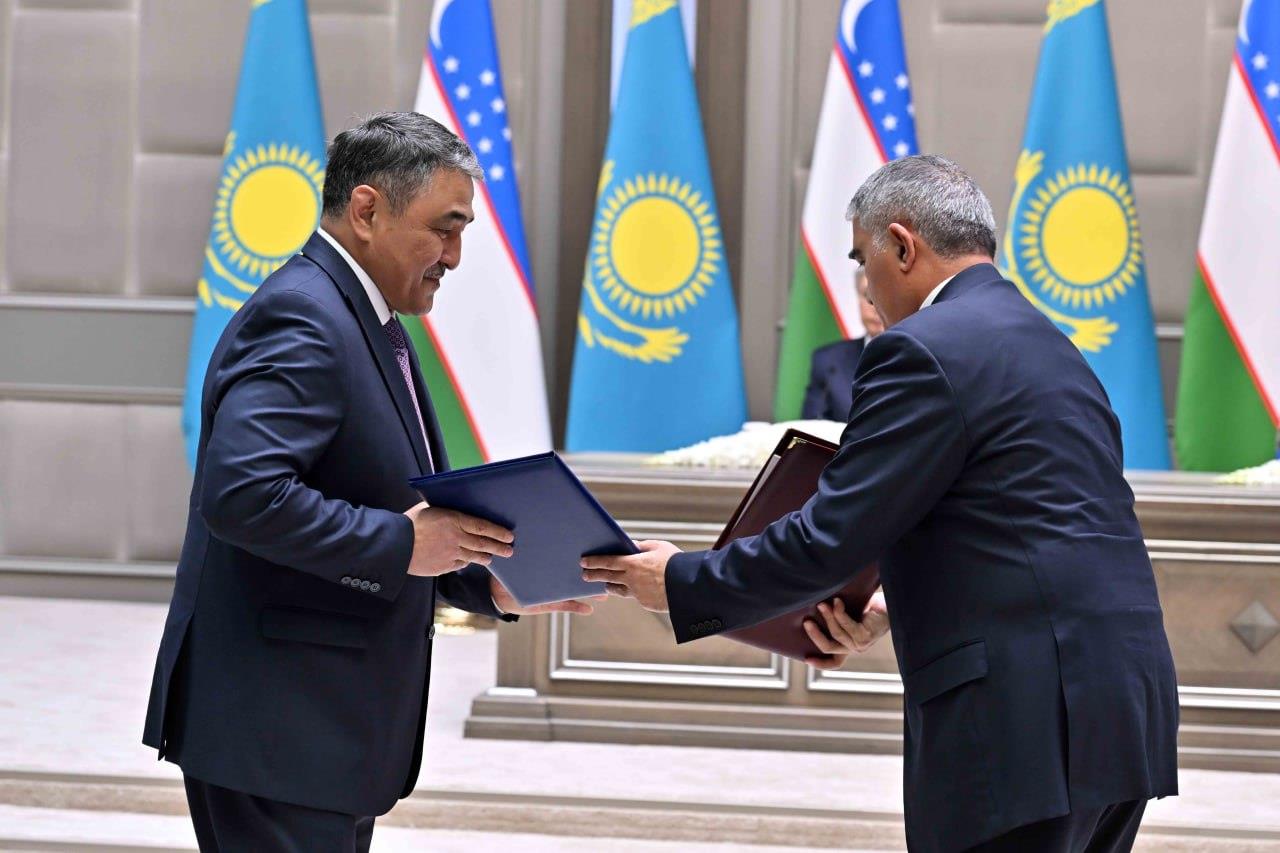The agreement was formalized following the second session of the
High Intergovernmental Council between Kazakhstan and Uzbekistan,
which took place in Tashkent and was attended by Presidents
Kassym-Jomart Tokayev and Shavkat Mirziyoyev.
The document outlines the mechanisms for bilateral cooperation
concerning transboundary rivers and canals that serve both
countries' populations and agricultural sectors. It includes
provisions for coordinating the operational management of shared
water infrastructure, conducting regular joint inspections, and
implementing preventive measures to ensure the infrastructure
operates reliably and avoids potential emergencies.
Furthermore, the agreement establishes a commitment to develop a
joint automated system for monitoring water intake and discharge
along transboundary sections, incorporating real-time data
exchange. This system is expected to enhance oversight of water
resource usage and promote greater transparency and trust between
the water management authorities of both nations.
The agreement also outlines measures for the modernization and
repair of water infrastructure, reducing water losses, implementing
water-saving technologies, and improving the land reclamation of
irrigated areas. Furthermore, the two countries will coordinate
efforts to prevent and mitigate the effects of floods, droughts,
and other natural disasters.
To implement the agreement, a Kazakhstan-Uzbekistan
Intergovernmental Commission will be established. This commission
will coordinate the implementation of the agreements, make
decisions on the operation of shared water facilities, form
specialized working groups, and facilitate dialogue between the
competent authorities of both countries. The commission will meet
twice a year, alternately in Kazakhstan and Uzbekistan.
Kazakhstan's Minister of Water Resources and Irrigation, Nurlan
Nurgizhitov, emphasized that this agreement is the result of years
of collaborative work, initiated in 2017. The agreement builds upon
existing international obligations between Kazakhstan and
Uzbekistan, including the 1992 Central Asia Cooperation Agreement
on the joint management, use, and protection of transboundary water
resources, as well as the UN Convention on the Protection and Use
of Transboundary Watercourses and International Lakes and the
Convention on the Law of Non-Navigational Uses of International
Watercourses.




















Comments
No comment